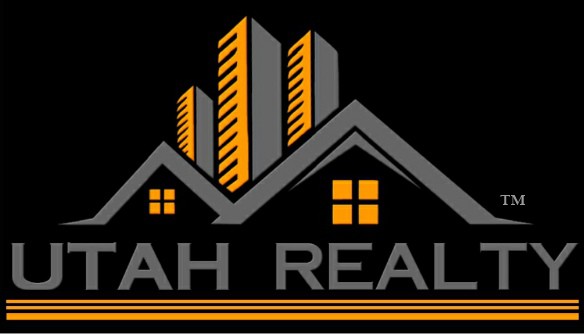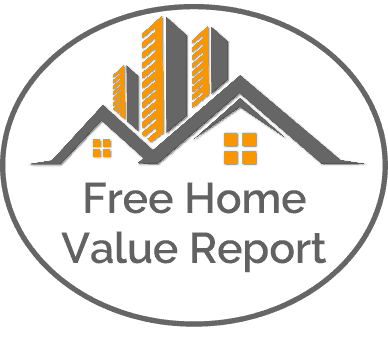Fed Funds Rate Trends Forecast: - 2025 rate: drop to 4.0% - 2026 rate: to hold ~3.8% Economic Outlook for 2025: - GDP growth: taper from 1.8% to 2.5% by year-end - Rate cuts respond to slower economic growth
Adapting Your Home

Adapting with Age
Most of us would prefer to age in our current home. But as health and aging issues make more areas of the home hard to access or pose a greater risk of injury, doing so can be difficult. We can begin to feel trapped and that selling our home is the only option. It’s not. Adapting your home to meet your aging needs is something your SRES® can help with when the time comes.
If health issues require you to move in with an adult child or any other loved one, your SRES® is there to help them with making the appropriate modifications to their home as well.
Potential Risks and Difficulties
You might know every corner, creaky floorboard, and exactly where every light switch is in your home, but at some point, familiarity turns to risk and everyday tasks become harder to manage. Knowing those potential risks and difficulties can help determine when adapting your home is necessary.
- Raised thresholds
- Bathrooms
- Area rugs
- Stairs
- Doorknobs becoming difficult to turn
- Cabinets and shelves become harder to reach
Certified Aging-In-Place Specialists
A certified aging-in-place specialist (CAPS) is a professional who can evaluate the home, find problem areas, and suggest the right home modifications. The answer may be as simple as adding grab bars in bath areas, flattening thresholds, and installing brighter lighting, for example. However, two-story living may require more significant remodeling to overcome these unique challenges.
Whatever the potential risks and difficulties are, a CAPS will advise on which changes will be the most beneficial and suggest cost-effective solutions.
Certified aging-in-place specialists are trained in:
- The unique needs of the 50+ population
- Home modifications
- Common remodeling projects
- Solutions to common barriers





















